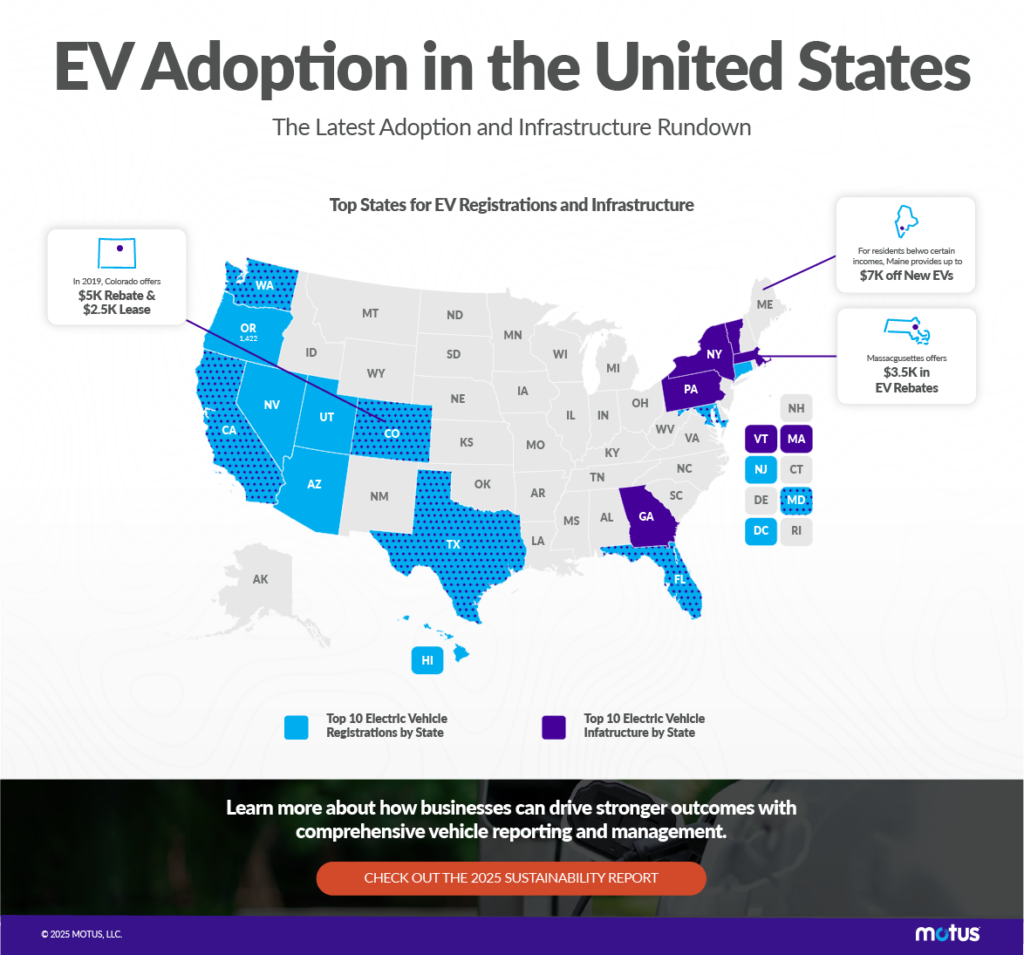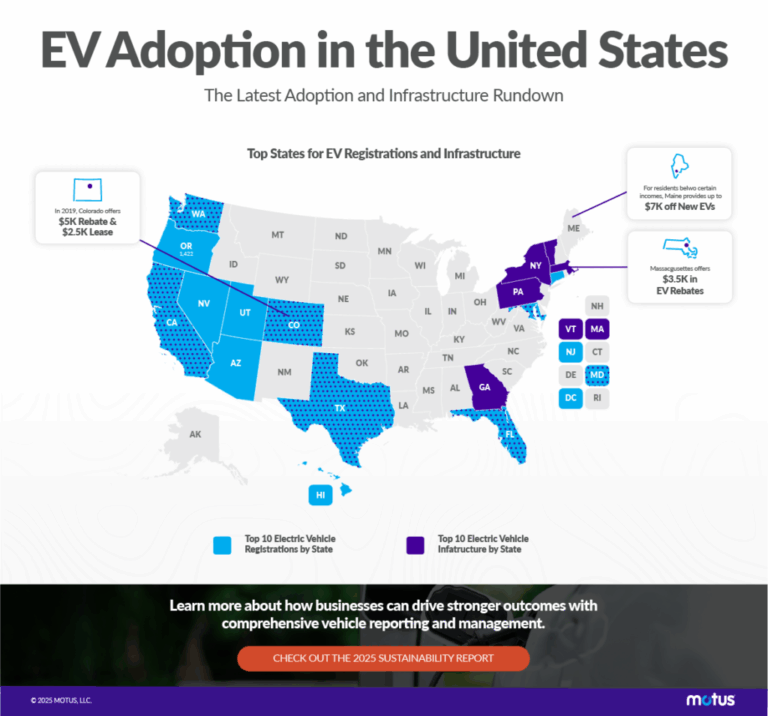Choosing the Right Drivetrain for Your Next Vehicle
As the car market continues to evolve, driving employees are faced with an unprecedented number of options when it comes to choosing their next vehicle. With over 40 brands and numerous models available in the United States, selecting the right drivetrain has become a critical decision. This article will explore the most popular drivetrain options – Internal Combustion Engines (ICE), Hybrids, and Electric Vehicles (EVs) – and the key factors to consider when making your choice.
Understanding Drivetrain Options
Internal Combustion Engines (ICE)
ICE vehicles are the traditional choice, relying on gasoline, diesel, or ethanol to power the car. While they’ve seen significant improvements in fuel efficiency over the years, they are characterized by their greenhouse gas (GHG) emissions.
Hybrids
Hybrid vehicles combine an internal combustion engine with an electric motor and battery, offering improved fuel efficiency and reduced GHG emissions. The Toyota Prius is a well-known example of a hybrid vehicle.
Electric Vehicles (EVs)
EVs use a battery-powered electric engine, eliminating the need for a traditional fuel tank. While they produce no tailpipe emissions, their overall environmental impact depends on the source of the electricity used to charge them.
Breaking Down Total Cost of Ownership (TCO)
When choosing between ICE, Hybrid, and EV, two primary factors come into play: environmental impact and total cost of ownership (TCO). While EVs may seem like the most environmentally friendly option, their overall environmental footprint depends on the source of the electricity used to charge them. In some cases, a high-mileage ICE or Hybrid vehicle may be a more sustainable choice.
Key Considerations
- Cost to Buy or Lease: EVs and Hybrids often come with a higher upfront cost, but may offer long-term savings on fuel and maintenance.
- Charging Availability: The charging infrastructure for EVs is still developing, with significantly fewer charging ports than gas stations.
- Government Incentives: Many states offer tax credits or financial incentives for purchasing Hybrid or EV vehicles.
- Resale Value: The rapidly evolving technology in EVs and Hybrids can impact their resale value.
Making an Informed Decision
To make the best choice for your next vehicle, it’s essential to partner with your vehicle program administrators. They can help you balance sustainability, affordability, and practical driving needs. By considering your specific driving patterns, local infrastructure, and long-term costs, you can make an informed decision that meets both your personal and professional requirements.

By carefully evaluating your options and considering the factors outlined in this article, you can choose a vehicle that not only meets your needs but also aligns with your sustainability goals.



